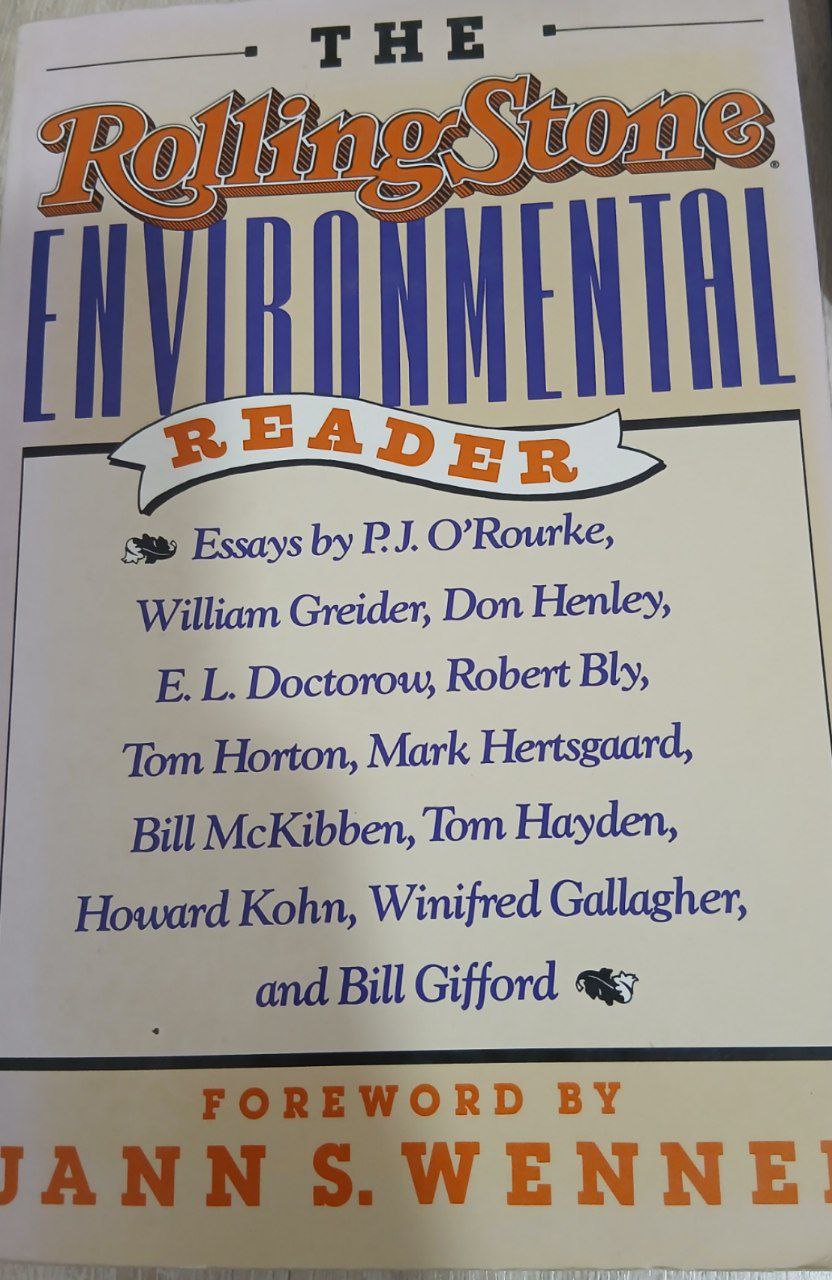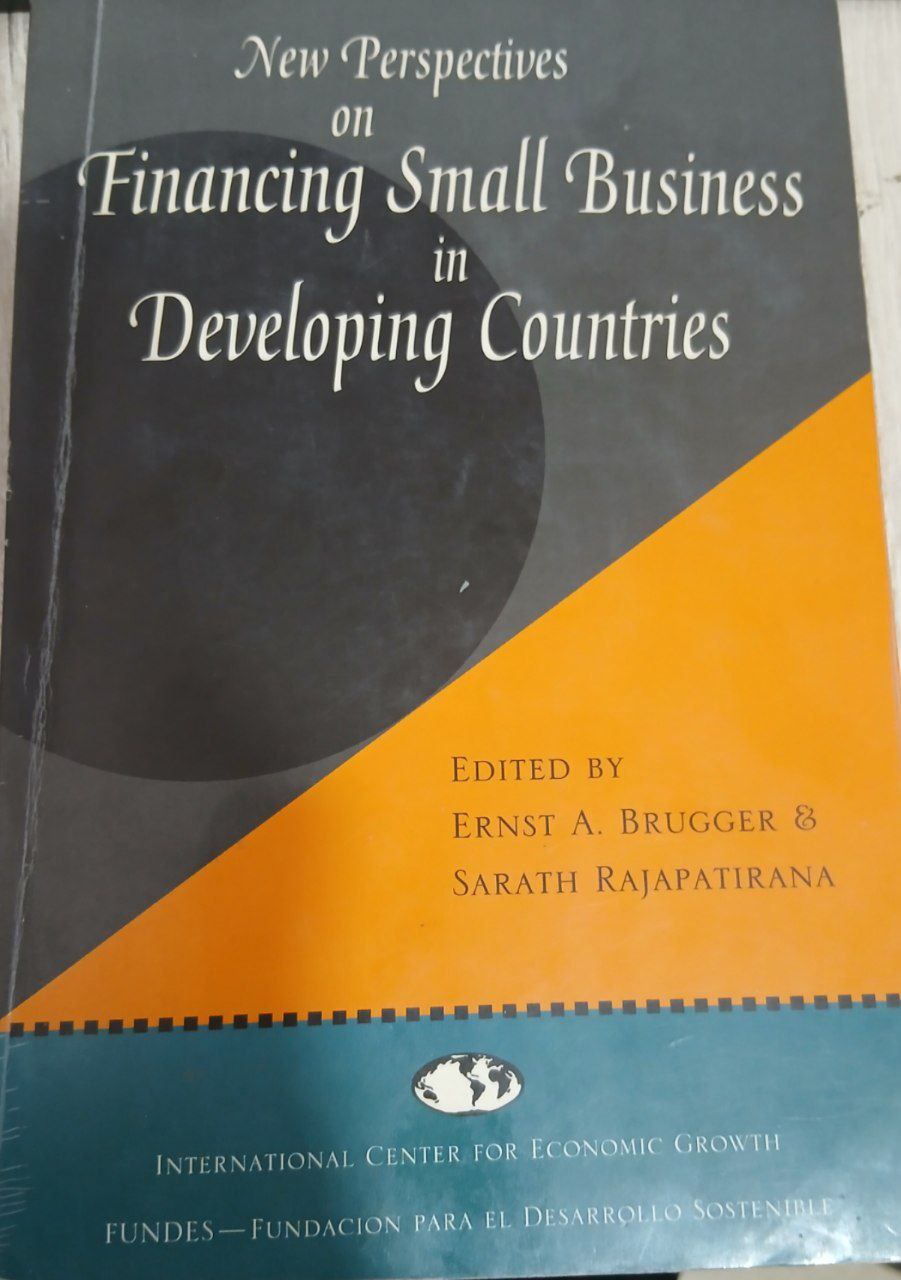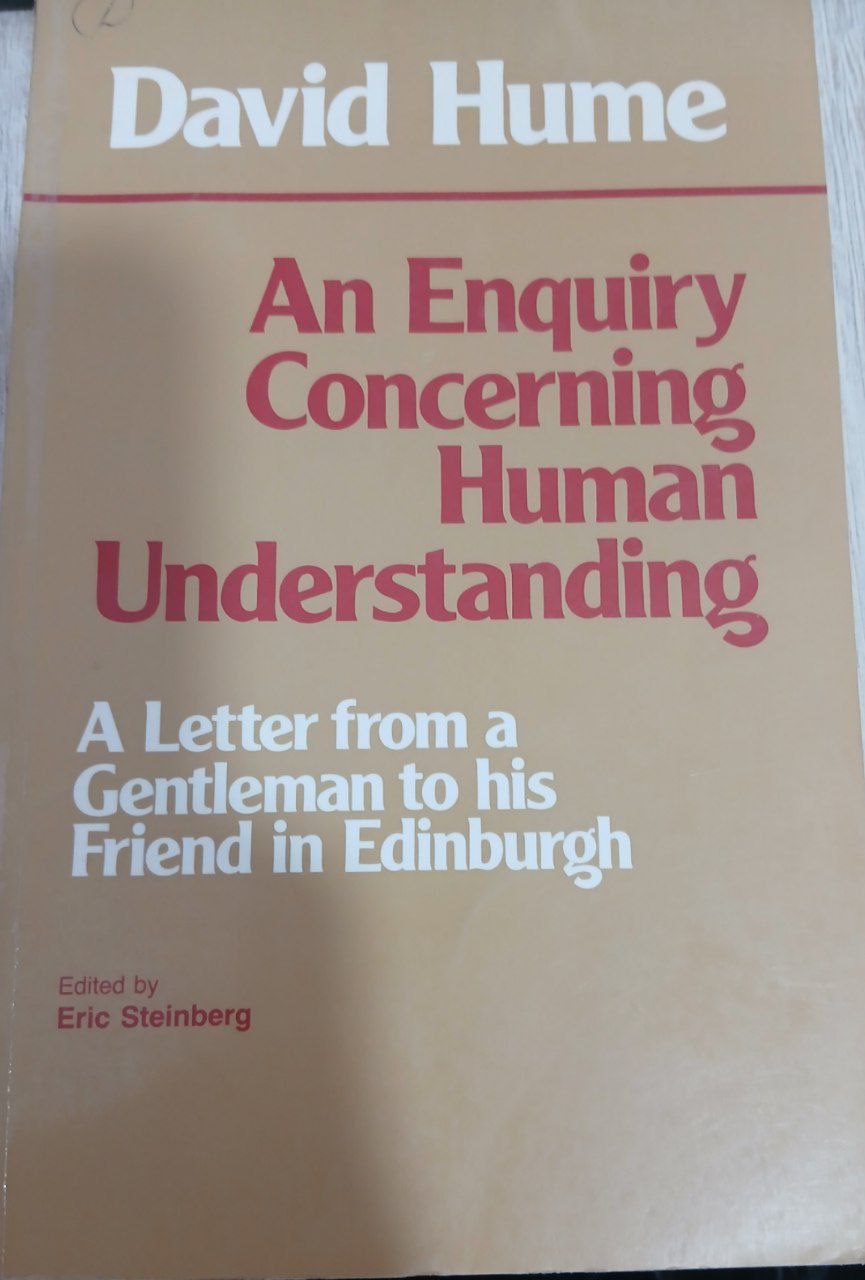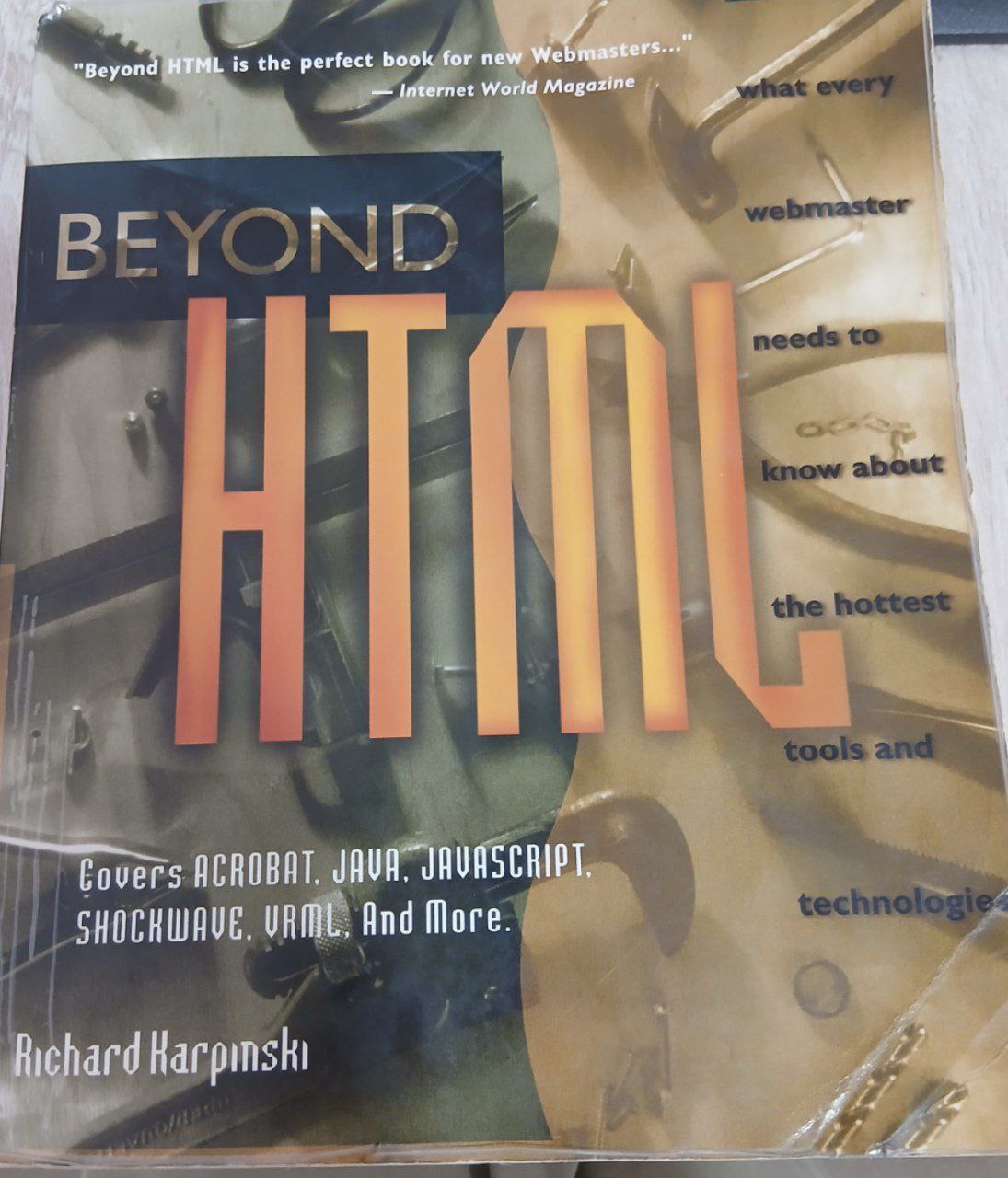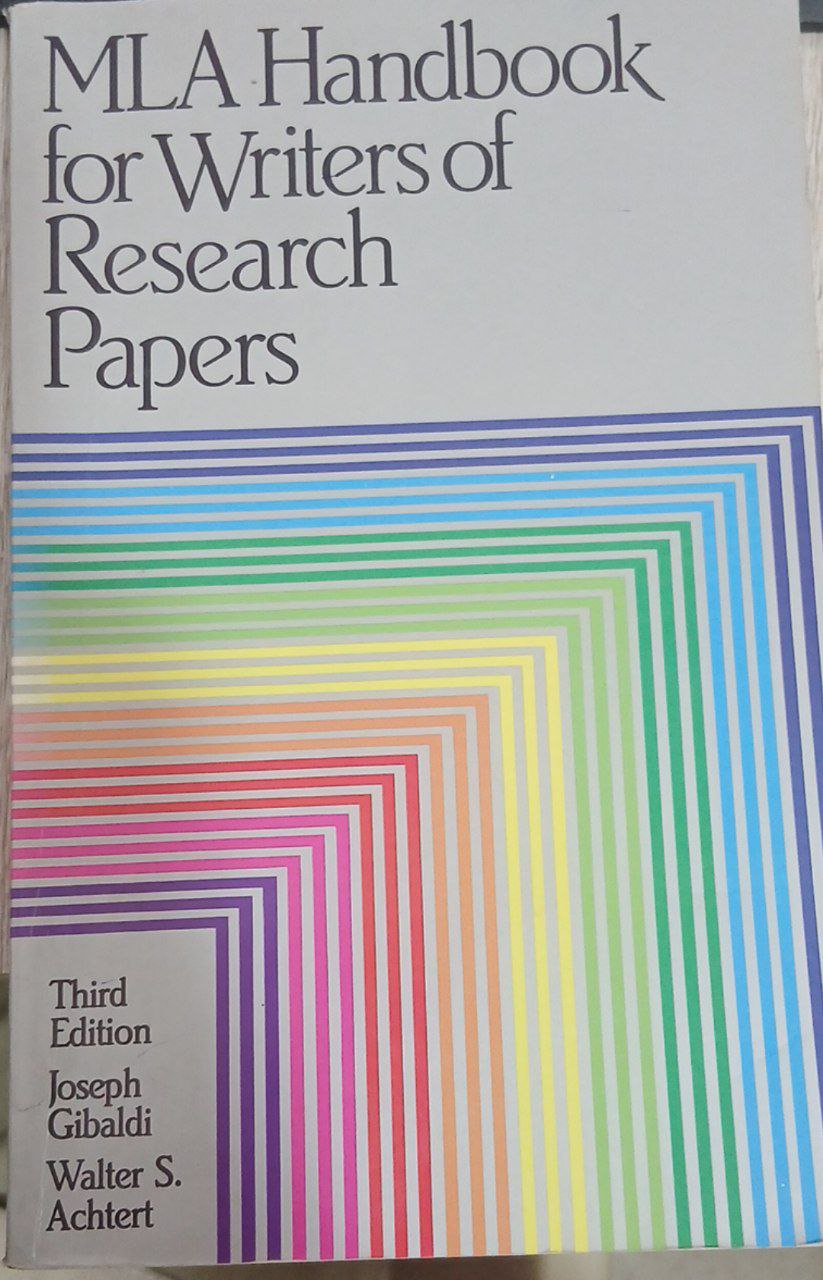-
-
-
-
-
Tilshunoslik,
-
-
-
-
-
-
-
-
-
-
-
-
-
-
Anne Of The Island 3
L.M.Montgomery,Anne of the Island is the third installment in L.M. Montgomery’s beloved Anne of Green Gables series. In this coming-of-age novel, Anne Shirley leaves the familiar comforts of Avonlea to pursue higher education at Redmond College. As Anne experiences the joys and challenges of independent life, she forms lasting friendships, faces romantic entanglements, and gradually matures into a confident young woman. The novel explores themes of identity, ambition, love, and the journey toward self-discovery. Most significantly, Anne comes to recognize the true nature of her feelings for her childhood friend, Gilbert Blythe. Rich with warmth, humor, and emotional depth, Anne of the Island captures the bittersweet beauty of growing up and finding one’s place in the world.
-
Anne of Avonlea 2
L.M.Montogomery,Anne of Avonlea contains supplementary materials such as historical context, author biographies, and explanations of literary devices to help readers understand the classic novel more deeply
-
Anne of Green Gables 1
L.M.Montgomery,Since its publication in 1908, Anne of Green Gables has been a continuous international best-seller, enjoying successful television adaptations on PBS and The Disney Channel, and captivating children and adults alike with the irresistible charms of its remarkable heroine, Anne Shirley.
-
The Rolling Stone Environmental Reader
Jann S.Wenner,New Perspectives on Financing Small Business in Developing Countries explores the challenges and opportunities surrounding access to finance for small and medium-sized enterprises (SMEs) in emerging economies. The book examines traditional and non-traditional financing mechanisms, including microfinance, venture capital, development banks, and innovative digital solutions.
-
New Perspectives on Financing Small Businiss in Developing Countries
Hanna Davidshofer,New Perspectives on Financing Small Business in Developing Countries explores the challenges and opportunities surrounding access to finance for small and medium-sized enterprises (SMEs) in emerging economies. The book examines traditional and non-traditional financing mechanisms, including microfinance, venture capital, development banks, and innovative digital solutions.
-
An Enqury Concerning Human Understanding
David Hume,David Hume’s An Enquiry Concerning Human Understanding is one of the most influential works in the history of philosophy. In this book, Hume develops his theory of human knowledge, exploring the nature of ideas, the limits of reason, and the principles of human understanding. He raises critical questions about causation, induction, free will, and the foundations of religion, making the work central to modern empiricism and skepticism.
-
The Spy
J.Fenimore Cooper,The Spy is a classic novel centered on themes of loyalty, intrigue, and patriotism against the backdrop of war. It follows the story of a man who becomes a secret agent, risking personal ties and safety to serve his country. The narrative explores his internal struggles, moral dilemmas, and the high stakes of espionage during tumultuous times.
-
A Fearless Champion of the Trutb
Selections From Shaw,A Fearless Champion of the Truth is a commemorative collection dedicated to the life, ideas, and works of George Bernard Shaw, one of the most influential dramatists, critics, and essayists of the twentieth century. Published by Progress Publishers in 1977, the book highlights Shaw’s fearless pursuit of truth, his sharp criticism of social injustice, and his unwavering commitment to progressive thought. It presents selected writings, reflections, and commentary that illustrate Shaw’s intellectual courage and his role as a moral voice of his time. This edition serves both as an introduction for new readers and as a valuable reference for scholars interested in Shaw’s contribution to literature and social criticism.
-
Beyond HTML
Richard Karpinskiy,Beyond HTML” by Richard Karpinski is a technical handbook aimed at web developers and designers who want to extend their skills past basic HTML. The book explores alternative markup languages and formats (such as SGML), multimedia and interactive technologies, real-time audio, virtual reality via VRML, and advanced scripting techniques. With detailed explanations and practical examples, it guides readers to build rich, multimedia web content that goes beyond static pages.
-
Mla Handbook for Writers of Research Papers
Joseph Gibaldi Walter S.Achtert,The MLA Handbook for Writers of Research Papers is a widely used reference guide that provides students and researchers with clear instructions on academic writing and documentation. It explains the principles of scholarly research, offers detailed guidelines for formatting papers, and sets standards for citing sources in the Modern Language Association (MLA) style. With examples, step-by-step explanations, and updated citation rules, the handbook is an essential resource for producing well-organized and academically sound research papers.
-
English
Zaripova R.A Obidova D.O,English is a comprehensive guide designed to help learners develop a solid understanding of grammar rules and their practical application. The book covers parts of speech, sentence structure, verb tenses, punctuation, and common usage patterns, providing clear explanations with numerous examples. Exercises and practice activities are included to reinforce learning and improve both written and spoken English. This textbook is suitable for students, teachers, and anyone who wishes to strengthen their command of the English language.
-
Democracy in America
Richard D. Heffner,De la démocratie en Amérique is a classic French work by Alexis de Tocqueville. In the book, Tocqueville examines the democratic revolution that he believed had been occurring over the previous several hundred years.
-
New Headway
Liz and John Soars,The book is designed for absolute beginners of English. It introduces grammar, vocabulary, reading, writing, listening, and speaking in a balanced way.
-
Huckleberry Finn
Mark Twain,Mark Twain’s The Adventures of Huckleberry Finn is a coming-of-age novel that follows the journey of a young boy, Huck, as he escapes his abusive father and travels down the Mississippi River with Jim, an enslaved man seeking freedom. Along the way, Huck and Jim encounter con artists, feuding families, and deeply rooted racism in pre–Civil War Southern society. The story is told from Huck’s first-person
-
The Adventures of Sherlock Holms
Artur Conan Doyl,In this collection of twelve short detective stories, Doyle introduces readers to Holmes’s methods of deduction through a variety of mysteries ranging from thefts and disappearances to murder and intrigue. Each tale pits Holmes and his companion Dr. Watson against puzzles often involving disguise, social conventions, and hidden motives.
-
The Pelican Brief
John Grisham,Focus on its themes of power, corruption, and justice, its intricate plot of a chase and escape, and the development of its female protagonist.
-
The Cause You Serve
Yuri German,The novel centres on spiritual and moral formation, exploring what it means to live with purpose, civic responsibility, and commitment to high ideals in Soviet society. The protagonist is Vladimir, a youth whose upbringing (including being raised by his aunt after his aviator father) shapes him into someone who places study, ethical integrity, and helping others above personal comfort and social conformity. Goodreads Over the course of the narrative, his character is tested by the challenges of society, ideological expectations, and personal relationships. The work aims to present a model of human being whose “cause” (duty, ideals) one serves, not simply for oneself but for the broader good.
-
Thriving on Chaos
Tom Peters,Is a management book by Tom Peters that argues companies must embrace the unpredictability of the modern business world to succeed. Instead of viewing chaos as a threat, Peters advocates for managers and organizations to see it as a source of market advantage. The annotation of the book centers on a "management revolution" built on flexibility, innovation, and customer-centric practices.
-
Steps Going Down
Joseph Hansen,Darryl Cutler knows a good thing when he sees it -- and old Stewart Moody's fortune is the best thing he's ever seen. So Darryl takes care of the dying old man, knowing the promised inheritance is well worth the wait. Or so Darryl believes, until something even better comes along. When Chick Pelletier, a young sunny-haired would-be actor appears on the scene Darryl is he'll do anything to please Chick.
-
Trapped in the Ashes
William W. Johnstone,As the enemies converge, the climax involves Ben attempting to gather all his forces for one decisive strike to avoid total annihilation. Whether the move succeeds (or to what extent) is part of the tension. The book builds to this “last stand”‐type confrontation.




